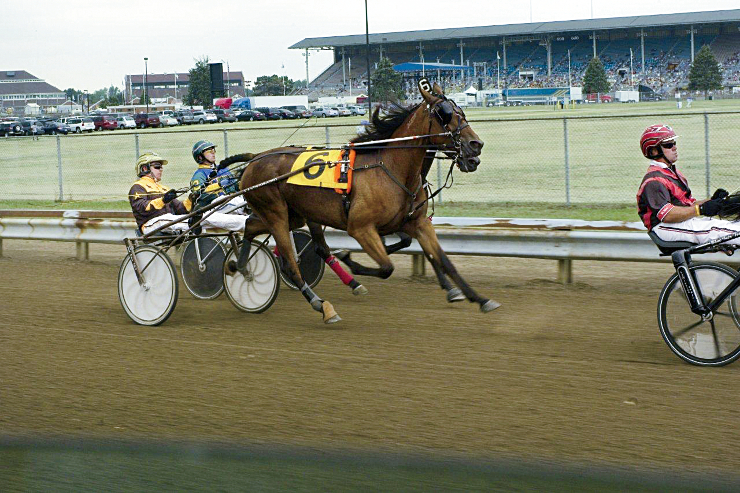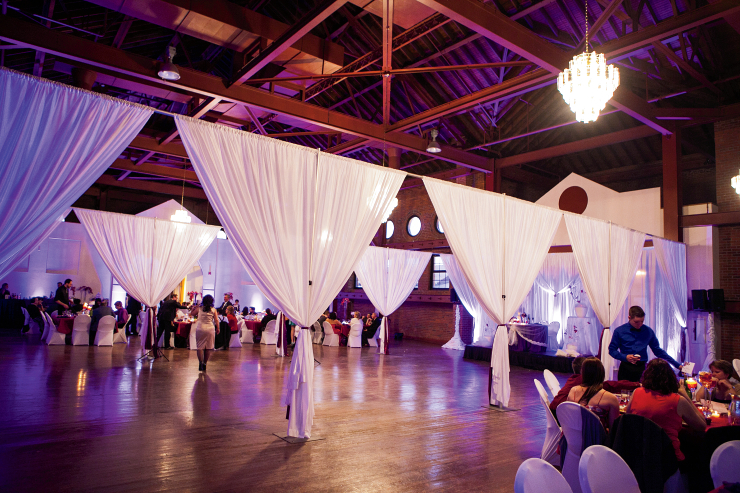Home > Illinois > Illinois Agritourism > Illinois State Fairgrounds Provide Economic Impact
Illinois State Fairgrounds Provide Economic Impact

Of all the reasons why people like to attend Illinois’ two state fairs, perhaps the main one has to do with simple economics.
Both are great bargains, after all.
“People can come to the Du Quoin State Fair, pay just $7 for parking and admission, and can see over $200,000 worth of free entertainment,” says John Rednour, director of the Du Quoin State Fair, held each year from Aug. 23 through Labor Day. “There is not a better bargain in Southern Illinois.”
There is an equally good deal in the central part of the state, where the Illinois State Fair is held in Springfield for 11 days every August. The price of admission is $7 or less, with free admission on select days for veterans and seniors, and discounted admission for all on Family Day.
“I think the Illinois State Fair is special for many reasons,” says Amy Bliefnick, manager of the fair. “One is we have 160 years of history. We provide an opportunity for Illinoisans to get together and celebrate agriculture, education and entertainment.”
Both state fairs are managed by the Illinois Department of Agriculture, and offer livestock and produce competitions, midway rides and games, concerts and other entertainment, and plenty of food vendors and exhibitors. A 2011 study showed that the Springfield fair had an economic impact of $47 million on the state, and Rednour estimates the Du Quoin fair contributed nearly $16 million to the economy.

For the rest of the year, non-fair events at both fairgrounds help drive the local economies. And those days are booked well in advance.
“Our calendar is very full,” says Kristi Jones, non-fair coordinator for the Springfield fairgrounds. “In fact, it’s difficult for a new event to get on the calendar because our events return year after year.”
These include horse racing, car racing, motorcycle racing, medieval battles, pet shows, quilt shows, farmers markets and the Illinois Products Expo. The fairgrounds can also be rented for weddings, high school proms and conventions.
“People come from all over,” Jones says, “and they ultimately either camp out here or they stay in our hotels and eat at our restaurants. It has a great impact on our local economy.”
Rednour says the fairgrounds in Du Quoin is used about 335 days each year for non-fair events, which include horse shows, camping rallies, rodeos, car shows, softball tournaments and more.
“The main thing is to be an economic engine for southern Illinois,” he says.



